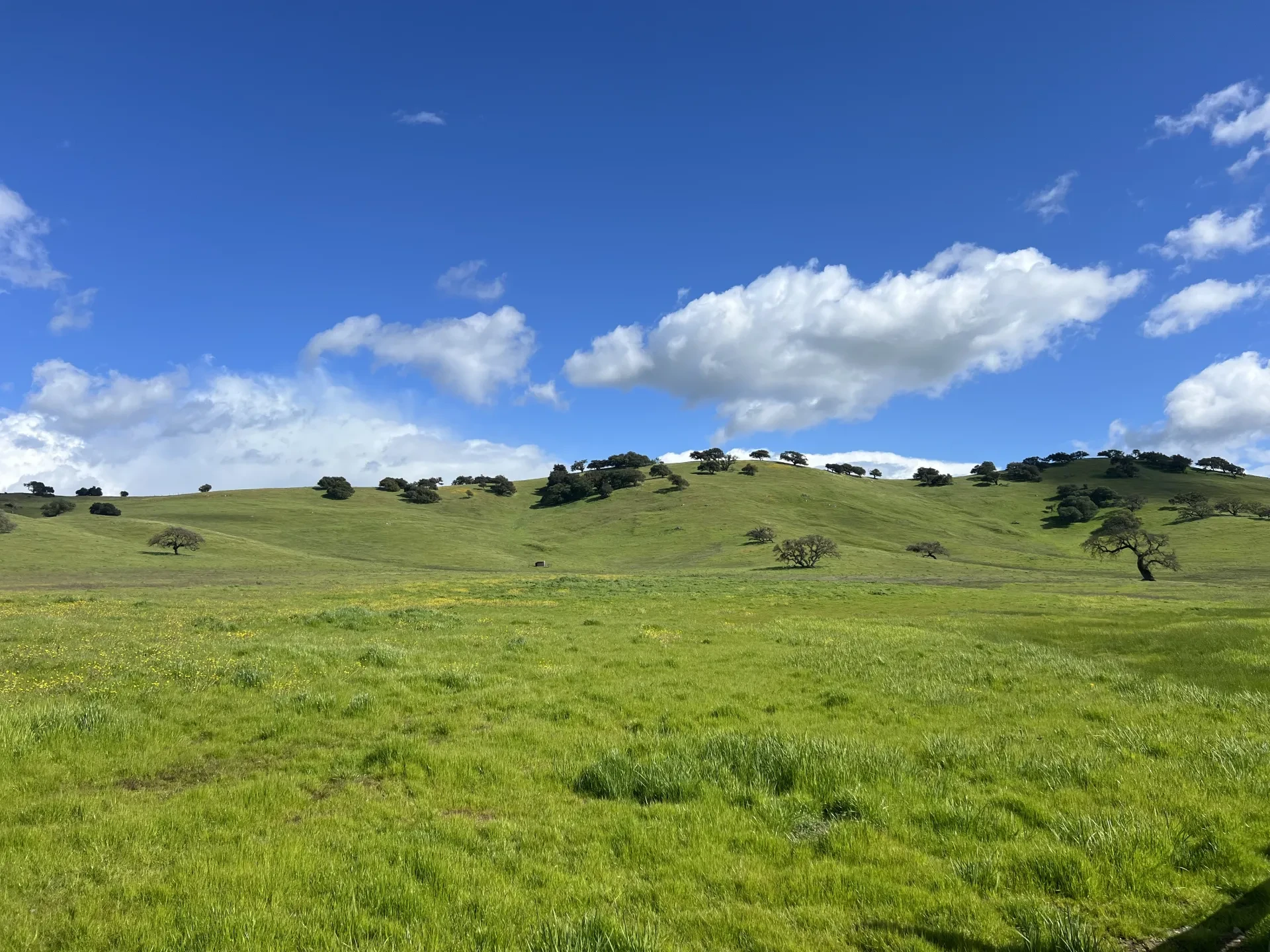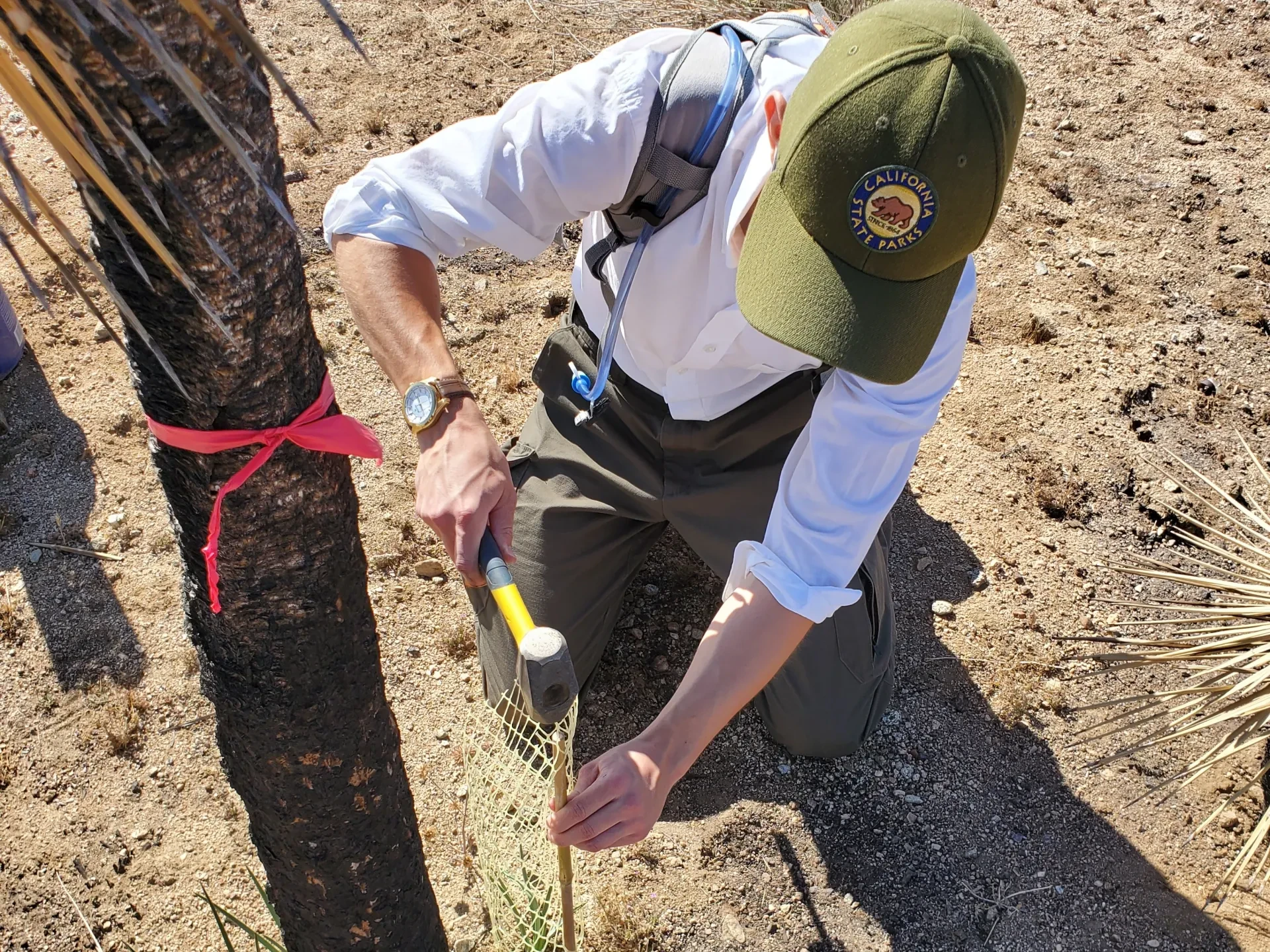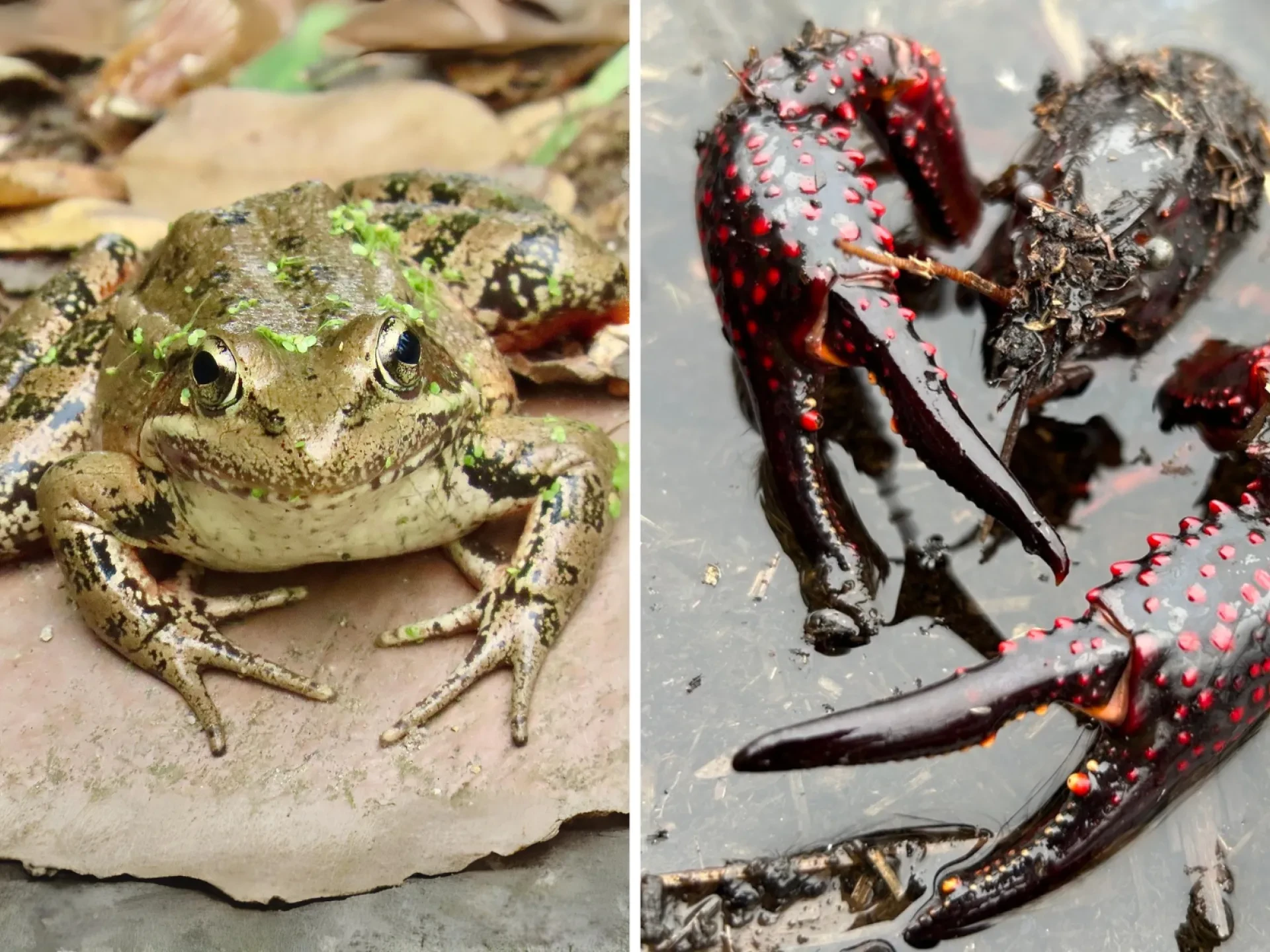This year, California State Parks Foundation is taking action against climate change by partnering with California State Parks and park partners to implement several climate resilience initiatives. We know we can have the greatest impact by working together, and we are proud to support critical climate efforts statewide.
By keeping up to date on the latest research and working with partners on the ground, we learn more about climate threats and potential solutions in California state parks. We compiled and presented this critical information in our recent trailblazing report, "Building a Climate-Resilient California State Park System: Preserving Parks for Future Generations." This report is California State Park Foundation’s stake in the ground while fighting for a climate-resilient California, and strategic partnerships are critical to achieve this goal.
Building climate-resilient parks and communities requires a multidisciplinary approach — from natural resource management to education and outreach. As such, California State Parks Foundation has partnered with groups that reflect this comprehensive approach. These partnerships will not only enable vital projects in state parks but also illustrate climate resilience strategies that can be scaled throughout the state park system. Read on to learn more about the important work California State Parks Foundation is supporting this year.
Grassland Climate Stewards Program
The Regents of the University of California, Merced | Great Valley Grasslands State Park and Pacheco State Park
Californians are already feeling the effects of climate change, from increased wildfires to extreme heat events. Communities of color are disproportionately affected by extreme climate events but are often underrepresented in the decision-making process of how to prepare for these growing threats. With our support, The University of California, Merced is working to correct this inequity for residents in the Central Valley with their upcoming Grasslands Climate Stewards Program.
The Grasslands Climate Stewards Program will teach local community members and UC Merced students how to engage with and help implement local climate solutions to increase community and ecosystem resilience in the face of climate change. Courses will take place in several state parks, including Great Valley Grasslands State Park and Pacheco State Park, with California State Parks staff encouraged to speak about potential career opportunities. As a result, the Grasslands Climate Stewards Program will not only increase climate literacy for participants, but also help bolster California’s climate workforce.
Arthur B. Ripley Desert Woodland State Park Wildfire Fuel Reduction Project
California Department of Parks and Recreation, Great Basin District Natural Resources Program | Arthur B. Ripley Desert Woodland State Park
California state parks are increasingly under threat from severe wildfires driven by climate change. In 2020, Arthur B. Ripley Desert Woodland State Park was hit by the Lake Fire, which burned many of the majestic Joshua trees that call that park home. The risk of another fire is still high, as dry brush and tumbleweeds have piled along the fence surrounding the park and could serve as ladder fuels that facilitate wildfire spread into the park. The growth of fire-prone invasive vegetation along the fence also increases the chance of another wildfire.
California State Parks will remove this hazardous fuel buildup and eradicate the invasive plants spreading around the park perimeter. This opportunity includes working with the Transition Habitat Conservancy and enlisting volunteers to participate in the work and learn more about climate resilience. By reducing the risk of a future fire, this critical project will help protect California’s beloved Joshua trees.
Malibu Creek Watershed Invasive Crayfish Trapping Project
California Department of Parks and Recreation, Angeles District Natural Resources Program | Malibu Creek State Park
The world is facing a biodiversity crisis, and California is no exception. This global threat is now exacerbated by climate change, and taking action to preserve biodiversity is essential. A critical component of this work is restoring and supporting climate-resilient habitat for native species so that they are better able to withstand the effects of climate change. This includes creating large uninterrupted areas of habitat to allow species movement as well as removing harmful invasive species.
Such critical work is underway at Malibu Creek State Park, where invasive red swamp crayfish are threatening aquatic biodiversity, including species like the endangered California red-legged frog. With support from California State Parks Foundation, California State Parks will remove invasive crayfish from a stream segment with a high degree of biodiversity. Restoring this critical habitat will not only allow native species to thrive, but it will also increase the continuity of viable stream habitat, increasing species’ ability to withstand the impacts of climate change.


